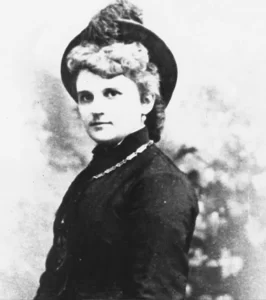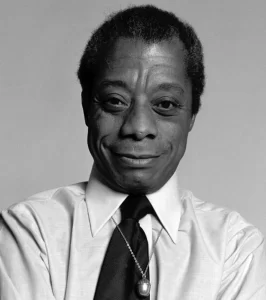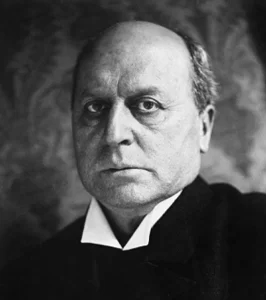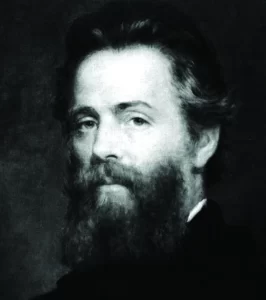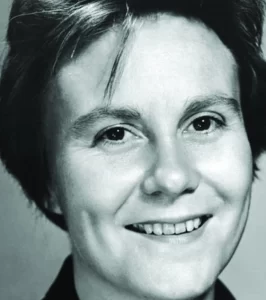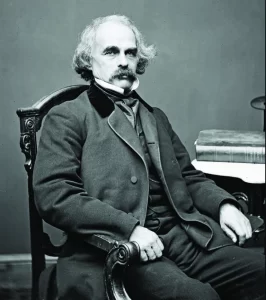Ernest Hemingway (1899-1961), born in Oak Park, Illinois, started his career as a writer in a newspaper office in Kansas City at the age of seventeen. After the United States entered the First World War, he joined a volunteer ambulance unit in the Italian army.
Serving at the front, he was wounded, was decorated by the Italian Government, and spent considerable time in hospitals. After his return to the United States, he became a reporter for Canadian and American newspapers and was soon sent back to Europe to cover such events as the Greek Revolution.
During the twenties, Hemingway became a member of the group of expatriate Americans in Paris, which he described in his first important work, The Sun Also Rises (1926). Equally successful was A Farewell to Arms (1929), the study of an American ambulance officer’s disillusionment in the war and his role as a deserter.
Hemingway used his experiences as a reporter during the civil war in Spain as the background for his most ambitious novel, For Whom the Bell Tolls (1940). Among his later works, the most outstanding is the short novel, The Old Man and the Sea (1952), the story of an old fisherman’s journey, his long and lonely struggle with a fish and the sea, and his victory in defeat.
Hemingway liked to portray soldiers, hunters, bullfighters, at times primitive people whose courage and honesty are set against the brutal ways of modern society, and who in this confrontation lose hope and faith. His straightforward prose, his spare dialogue, and his predilection for understatement are particularly effective in his short stories, some of which are collected in Men Without Women (1927) and The Fifth Column and the First Forty-Nine Stories (1938).
In 1954, he won the Nobel Prize in Literature. Even at this peak of his literary career, though, the burly Hemingway’s body and mind were beginning to betray him.
Recovering from various old injuries in Cuba, Hemingway suffered from depression and was treated for numerous conditions such as high blood pressure and liver disease.
He wrote A Moveable Feast, a memoir of his years in Paris, and retired permanently to Idaho. There he continued to battle with deteriorating mental and physical health.
Early on the morning of July 2, 1961, Ernest Hemingway committed suicide in his Ketchum home.
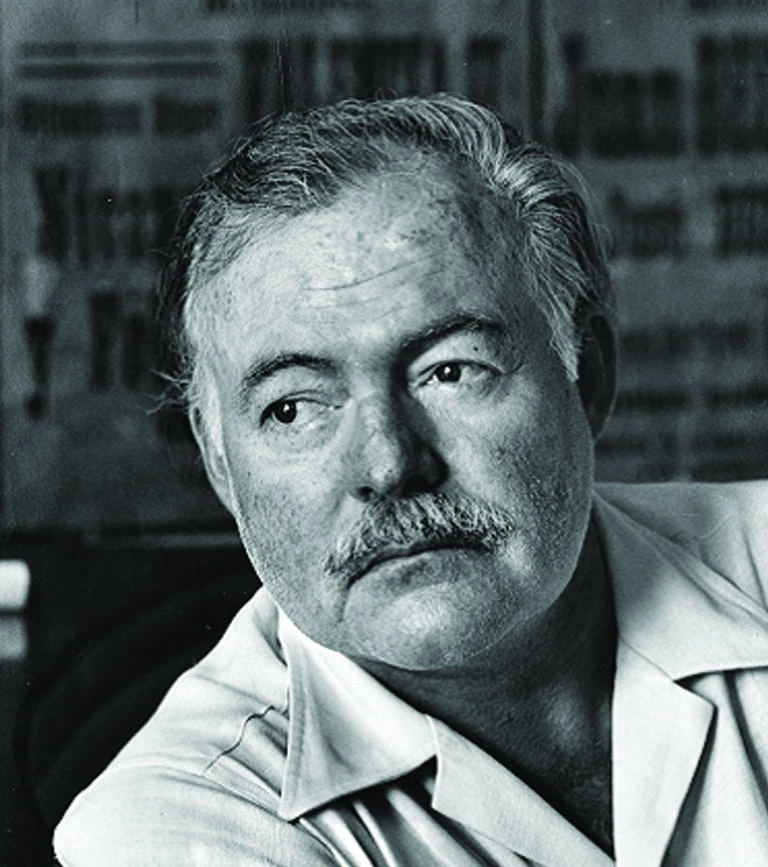
Name
Ernest Hemingway
Born
July 21, 1899
Died
July 2, 1961 (aged 61)

